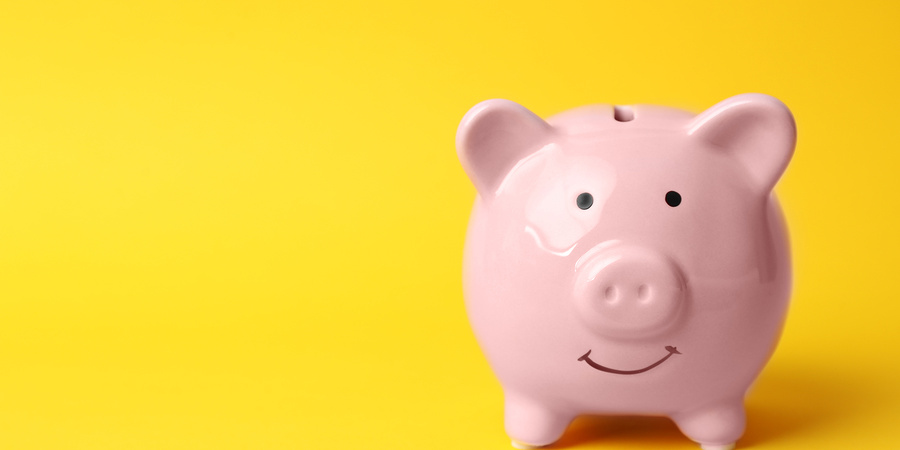Basic bank accounts are fee-free accounts designed to get everyone banking. Unlike certain types of current account, basic bank accounts don’t usually require a credit check or have any hidden fees. Your credit score or level of debt isn’t considered when opening a basic bank account. There are some things you can’t do with a basic bank account that you can do with other current accounts. They don’t include an option for an overdraft, for example.
Who can open a basic bank account?
Basic bank accounts can be used by everyone, but they are especially useful for anyone with a low credit score. The reason for this is that they don’t provide an overdraft facility, so no credit check is usually required to open one. To open most basic bank accounts, you have to be at least 16 years old. There are some accounts that require you to be 18. You can open one in person by visiting a branch, by phone, online or even by post.
What proof of identity do I need?
To open a basic bank account, you’ll need to show some form of proof of I.D. Usually this is a passport or driving licence, and for most accounts you’ll need to provide proof of address, too. If you don’t have a passport or driving licence, there are other forms of official I.D that can sometimes be used instead. These usually need to be official documents. Examples of these include letters from the DWP, HMRC, Job Centre + or your local council.
If you can’t get access to any of these documents, for whatever reason, there are still other options. Letters from a social landlord, a GP, or warden of a hostel/refuge/sheltered accommodation, have all been accepted as official ID. As long as the letter is deemed official, and proves your identity, it will potentially be accepted. Check with individual banks to find out exactly what they accept.
Choosing the right basic bank account
You can use comparison sites to compare basic bank accounts. We’ve got lots of useful info on using comparison sites, in our guide to them here. Most basic bank accounts are very similar in what they offer: easy to set up, no overdraft facility and free to use. There are, however, a few things to take into account when choosing which bank to go with.
Find out how close the nearest branch of a bank is, and consider going with a bank that has a branch nearby. If there are no banks nearby, find out whether you can use the local post office to pay in/withdraw cash. Most banks now let you use the post office, but it is worth checking to make sure.
If you already have an account and are overdrawn, it’s sometimes better to open a basic account with another bank. This ensures the bank can’t transfer money from the basic account to the overdrawn account, to pay off the money owed.
Some accounts offer a £10 ‘buffer zone’, which lets you temporarily go £10 overdrawn, even if your funds are less than that.
Managing your basic bank account
Once you’re up and running with a basic bank account, it’s time to set it up in a way that works for you.
Lots of companies, like energy providers, offer a cheaper deal if you pay by direct debut. So, it’s best to set up direct debits and standing orders for household bills and any other regular payments. Always make sure you arrange for direct debits/standing orders to come out a couple of days after you usually get paid or receive benefits.
Check your balance regularly. You can do this in your bank’s branch or over the phone, if you set up telephone banking. If you’re online, you can also check your balance on the bank’s website (or app if you use a mobile to access the internet). Most bank’s will help you set up internet/telephone banking in branch when you set up your account.



